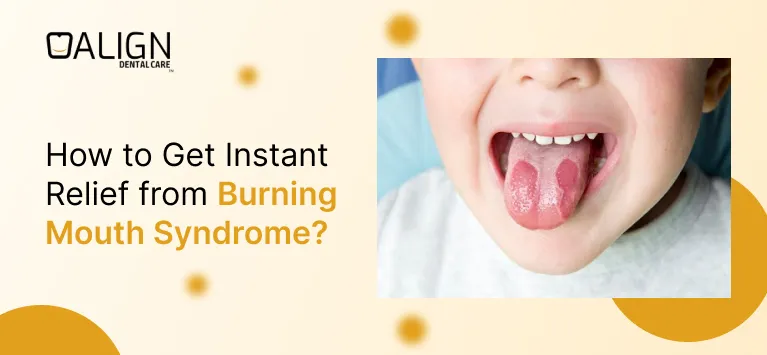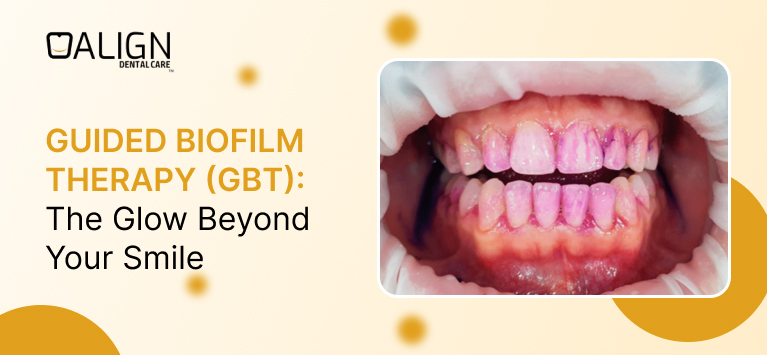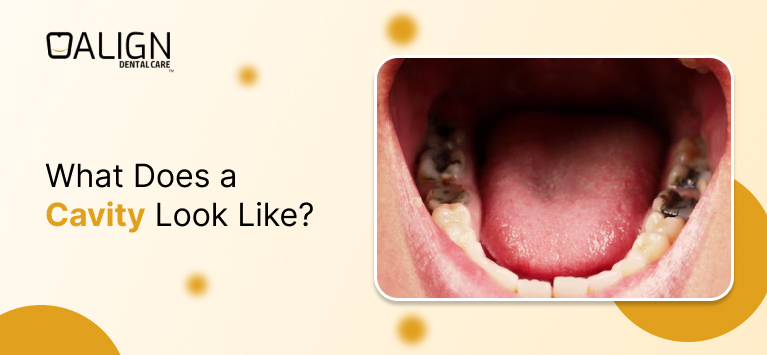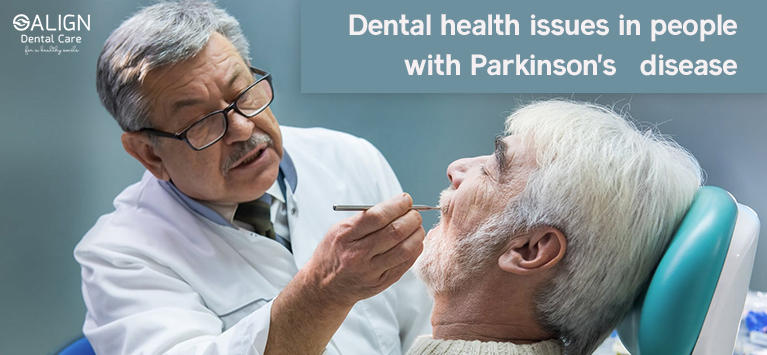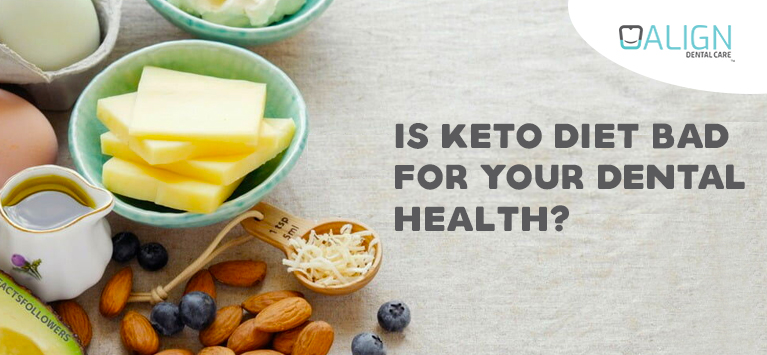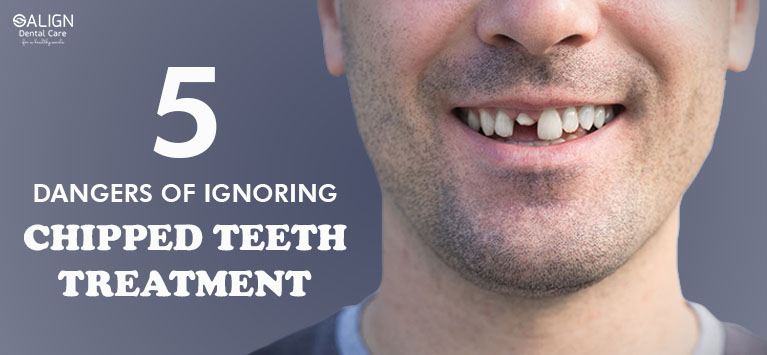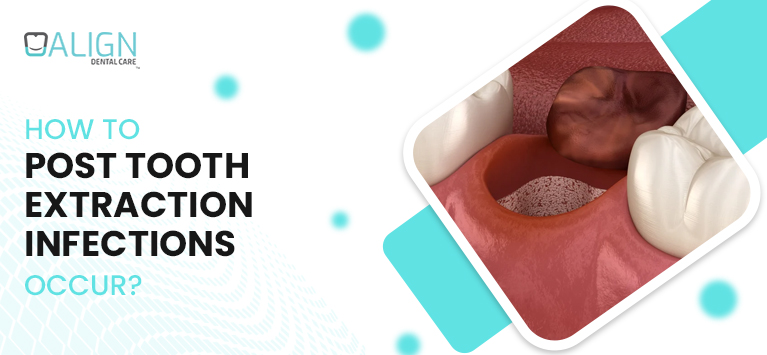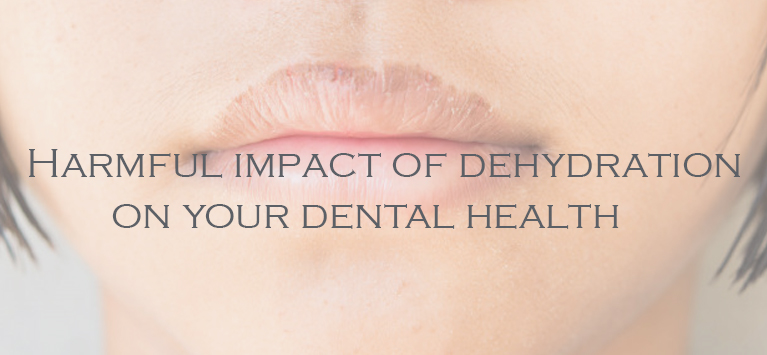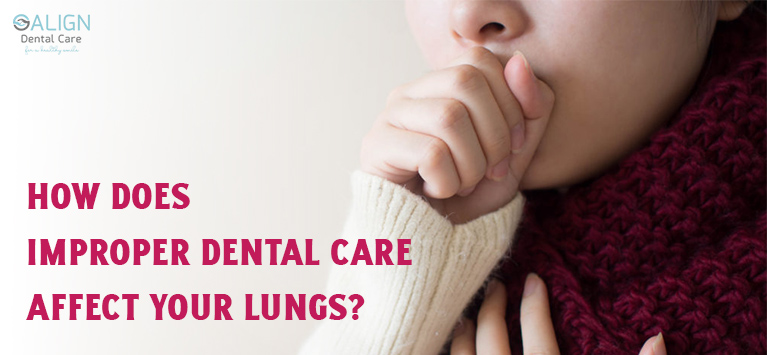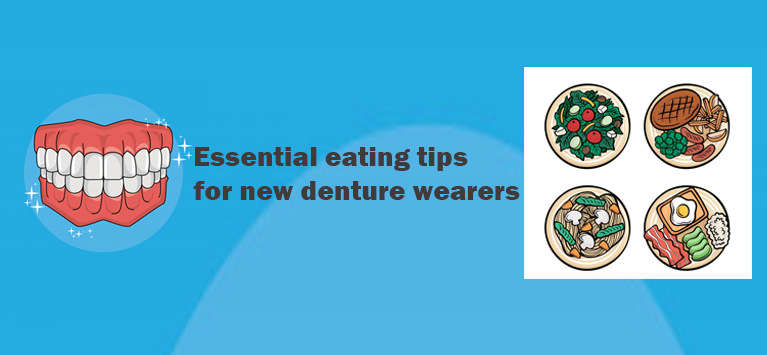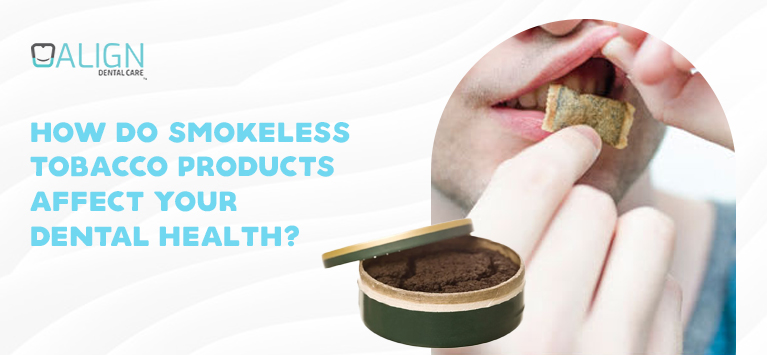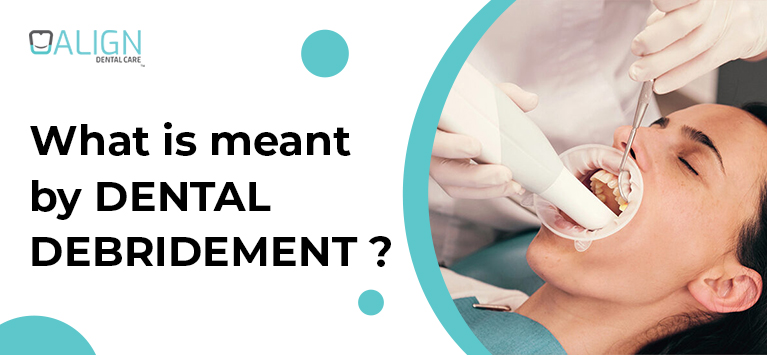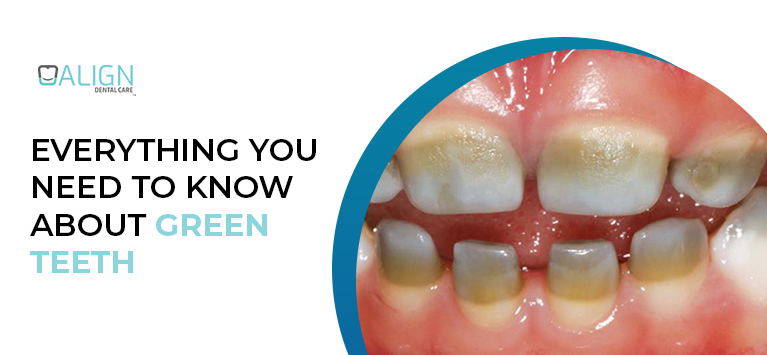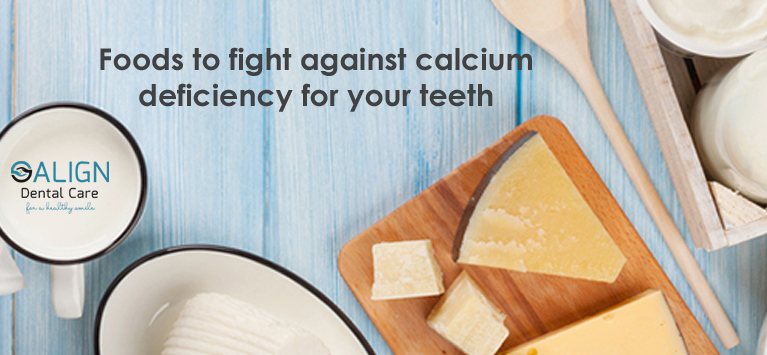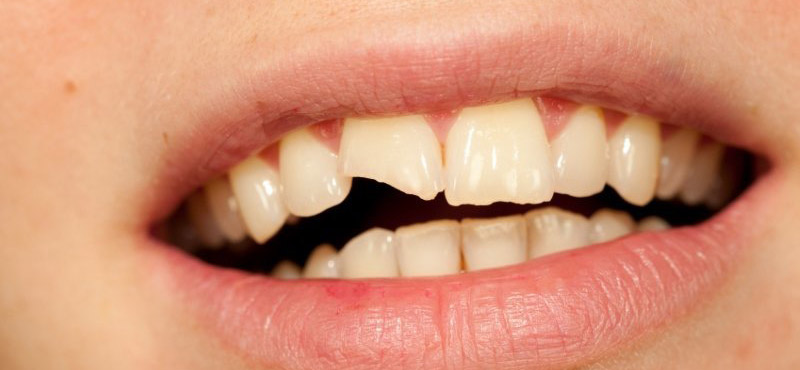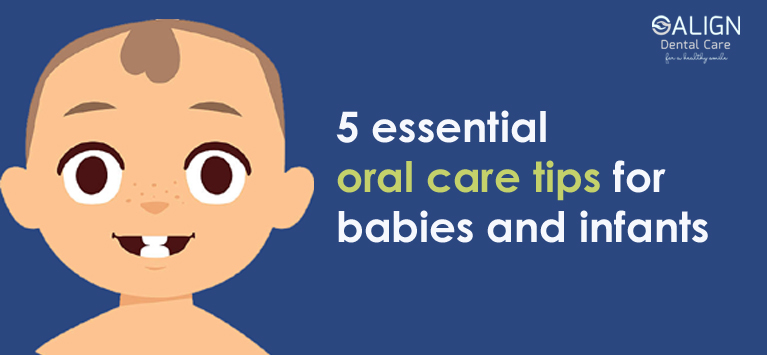
5 essential oral care tips for babies and infants
Every parent should begin dental care activities for their babies before the teeth erupt. Before discussing the kids dental care tips, let us disclose the common facts on baby teeth.
The newborn babies have a full set of 20 teeth underneath the gums and those milk teeth development takes place when the infants are in the womb itself. In general, the baby teeth appear when the kid is between 6 and 10 months old. Few infants have 1 or 2 teeth when they born whilst the eruption takes place after 12 months for some babies. Such delayed eruption is not a problem because the first tooth eruption period varies for each baby.
Baby teeth also called milk teeth (or) primary teeth are replaced with 32 adult teeth when the baby grows and this process takes place between the ages of 6 and 20 years.
Even though the baby teeth are not permanent, they have a direct impact on our oral health as it lays a foundation for the adult teeth. Besides this, the primary teeth are also associated with jawbone development, help babies to learn chewing, speaking and other oral activities.
To put it simply, good dental care on your kid’s milk teeth guarantees excellent oral health. The tips our dentists suggested here will aid in your milk teeth care activities.
Table of Contents
Baby teeth and gums care tips
The process of teeth break through the gums is called teething. It is quite painless but the toddlers encounter certain discomforts like soreness in gums. Moreover, the babies begin to rub the erupted teeth, chew on things when the teeth appear. Giving your teeth a cold teeth ring or wet cloth to suck on will calm down such discomforts.
Apart from this, here are important tips to keep your toddler’s milk teeth clean and prevent cavities.
1) Clean teeth when they appear
Regular brushing will reduce the chances of bacteria accumulation over the teeth surfaces. It is apt for baby teeth as well as the adult teeth but you cannot brush your kid’s erupted teeth like yours.
Kids dentists recommend wiping the teeth and gums with a wet cloth after feeding milk or food. Clean your kid’s teeth and gums with this method until the infant becomes 18 months old. Then use a small pea-sized toothpaste to brush the teeth.
2) Don’t let your kid fall asleep with feeding bottle in mouth
Feeding milk and energy drinks with a nursing bottle prolongs the teeth’s contact with sugar substances in the fluid. This makes the baby teeth susceptible to cavities. This is known as baby bottle tooth decay. It does not mean that kids should not use feeding bottles to drink milk but they should limit the consumption of drinks with feeding bottles.
Dentists also advise parents to use nursing bottles until the baby becomes 6 months old. Then switch to cups to feed babies.
Meanwhile, don’t let them sleep while having a drink with baby bottles. If the kid falls asleep, clean his/her gum and teeth with a wet cloth.
3) Think about the drinks you feed
A dental consultation will help you to plan your little champ’s oral diet. You should also aware of snacks and drinks that should not feed infants. Here are some of the things you should take into account for your toddler’s teeth care:
- For babies under 12 months, you can feed water at mild temperatures with a baby bottle.
- Feed plain milk
- Don’t feed soft drinks, fruit juices, sports drinks and other sweetened drinks frequently.
Similarly, babies can eat solid foods after 12 months. Prefer healthy and nutritious foods whilst avoid food & snacks with high levels of sugar.
4) Oral health assessment is required when your child becomes 2 years
Similar to biannual dental check-ups, your little prince (or) little princess also require regular dental check-ups. The first oral assessment should be done in a dental clinic when a toddler completes 2 years. It will help you to identify and rectify the underlying problems early and preserve the milk teeth.
5) Supervise your baby’s fluoride intake
Fluoride is an essential mineral for our dental health. It helps in enamel remineralization and enhances the enamel’s toughness. Dentists recommend fluoride toothpaste for our dental health well-being but excess intake of fluoride will harm our dental health.
Hence fluoride toothpaste is not recommended for infants and kids. This makes the parents regulate the fluoride supplements present in the liquids and foods the kids consume.
Bottom line
Milk teeth do not last for our lifetime but it plays a crucial role in our dental health. It provides a framework for the permanent teeth to erupt, helps us in learning various oral activities. Missing a single baby tooth before it comes out are associated with problems like crooked and crowded teeth.
To avoid such problems when your kid grows, take care of his/her baby teeth with utmost care with appropriate dental recommendations.





